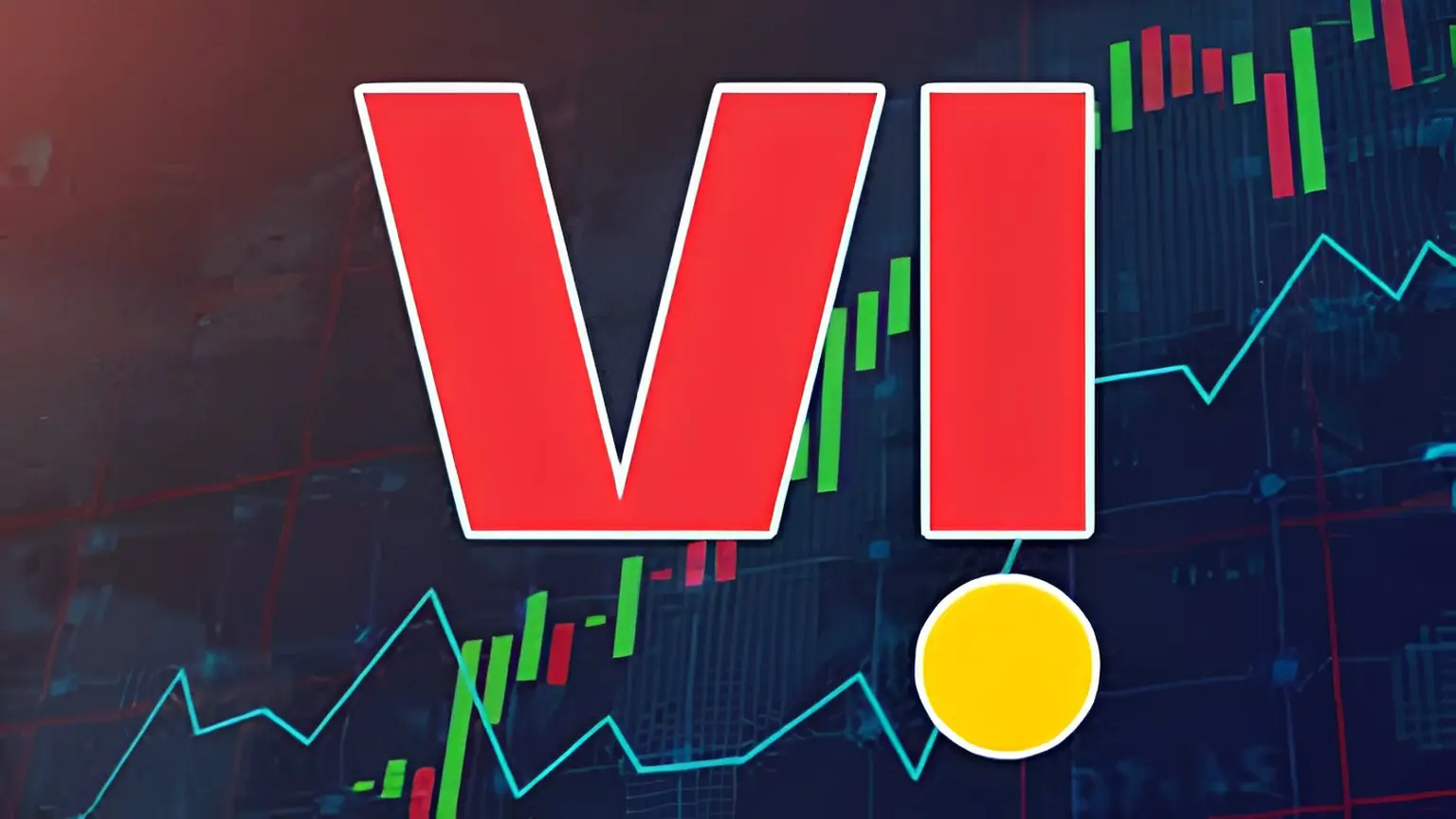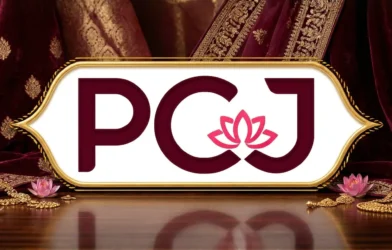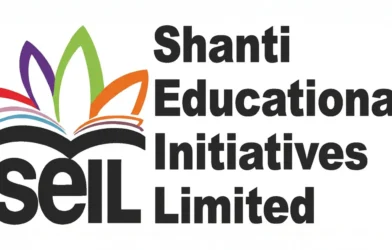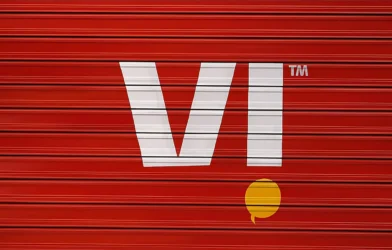Author: Aditya Pareek | EQMint | General News
Telecom giant’s long-standing AGR dues may see partial relief as India, UK strengthen trade ties
Vodafone Idea shares soared more than 8% on Tuesday after reports suggested that the Indian government is exploring a one-time settlement of the telecom company’s massive adjusted gross revenue (AGR) dues, amounting to nearly ₹2 lakh crore (approximately $22.5 billion).
According to a Bloomberg report, the government is considering waiving off accumulated interest and penalties while offering partial relief on the principal amount. This potential move could provide significant breathing space to Vodafone Idea (Vi), which has long struggled under the weight of debt and regulatory obligations.
Government’s Relief Plan: Strategic and Timely
The reported settlement plan comes at a politically and diplomatically strategic time. India recently signed a trade pact with the United Kingdom, and British Prime Minister Keir Starmer is expected to visit India later this week. The proposed relief to Vodafone Idea — part-owned by the UK’s Vodafone Group — may be viewed as a gesture aimed at reinforcing bilateral economic relations between the two nations.
Observers believe that the timing is deliberate. With India–US relations under renewed scrutiny and China ties cautiously improving, this move could help India reposition the UK as a reliable economic and strategic partner in the post-Brexit geopolitical landscape.
A senior government official quoted by Bloomberg stated that the proposed framework would aim to “resolve a long-standing financial dispute without setting a precedent that could trigger legal challenges from other telecom operators.” The idea is to balance financial prudence with investor confidence, especially since the government itself has a substantial stake in Vodafone Idea.
Government’s Stake and Legal Sensitivity
The Indian government became a 49% shareholder in Vodafone Idea earlier this year, following a debt-to-equity conversion of the company’s spectrum and license dues. With public funds now directly linked to Vi’s financial health, officials have been increasingly vocal about the need for a practical resolution.
Last month, a government lawyer told the Supreme Court that “some solution may be required” to safeguard taxpayer interests and maintain the company’s viability. However, any potential waiver or partial relief will need to be crafted carefully to avoid backlash from rival telecom companies such as Bharti Airtel and Reliance Jio, both of which have faced similar dues under the same AGR framework. The government’s concern lies in maintaining policy consistency and legal fairness while ensuring that the telecom sector remains competitive and financially stable.
Understanding the AGR Dispute
The long-running AGR dispute dates back over two decades and has been one of the biggest regulatory battles in India’s telecom history. Under existing rules, telecom companies are required to pay a percentage of their adjusted gross revenue (AGR) as license and spectrum fees to the government.
The disagreement arose from differences in interpreting what constitutes AGR. Telecom operators argued that only revenue from core telecom services should be included, whereas the Department of Telecommunications (DoT) insisted that non-core income — such as rent, sale of handsets, or interest — should also be part of the calculation.
In 2019, the Supreme Court ruled in favor of the DoT, holding telcos liable for the entire dues along with interest and penalties, amounting to billions of dollars. Vodafone Idea, which already faced mounting financial strain, was hit particularly hard. Since then, the company has sought multiple rounds of relief, citing the existential financial impact of the verdict. The Supreme Court has now deferred hearing Vodafone Idea’s petition challenging the AGR calculation to October 13, providing the company with a short window as the government considers its settlement plan.
Vodafone Idea’s Market Performance and Investor Sentiment
Following the Bloomberg report, Vodafone Idea’s stock rallied sharply on Tuesday, jumping as much as 8.61% to ₹9.20 apiece on the Bombay Stock Exchange (BSE) before stabilizing at ₹9.09 by 2:25 PM — still 7.32% higher for the day.
This surge adds to an already positive trajectory for the telecom stock. Over the past month, Vi shares have risen 26%, and the momentum has continued with 25% growth in three months and 24% over six months. On a year-to-date (YTD) basis, the stock has gained around 14%, though it remains largely flat year-on-year and is still down 17% over the past two years.
Market analysts attribute this short-term rally to renewed optimism around regulatory support and government intervention, both of which could significantly alter the company’s long-term financial outlook.
Potential Impact on India’s Telecom Sector
If approved, the one-time settlement could redefine the landscape of India’s telecom industry. For Vodafone Idea, it would mean a lifeline — freeing up capital for network expansion, 5G rollout, and operational upgrades. For investors, it could signal a turning point in the company’s recovery narrative.
Moreover, the move could also encourage foreign investors who have been cautious about India’s regulatory unpredictability. A settlement could improve investor confidence in India’s dispute resolution mechanisms, especially in sectors with heavy government involvement.
However, experts warn that the government must tread carefully. Any special relief extended to Vodafone Idea could spark demands from other telecom players for similar treatment, potentially complicating the regulatory framework further.
Analysts’ View and Next Steps
Market experts have welcomed the idea of a one-time resolution but urge transparency and fairness in execution. “Vodafone Idea’s financial stability is crucial for maintaining competition in the telecom sector,” said one senior telecom analyst. “But the government must ensure that the settlement does not appear as preferential treatment.”
With the Supreme Court hearing approaching on October 13, all eyes are now on the government’s final proposal. The coming days could be decisive for Vodafone Idea, determining not just its financial fate but also signaling how India plans to manage corporate debt crises in strategically important sectors.
Conclusion
The potential one-time settlement for Vodafone Idea marks a critical intersection of policy, diplomacy, and business strategy. It reflects India’s evolving approach to balancing investor confidence, fiscal responsibility, and international relations.
Whether this initiative becomes a turning point for Vodafone Idea or another temporary reprieve will depend largely on how effectively the government translates intent into policy. For now, the market seems optimistic — and Vodafone Idea’s soaring stock price is a clear reflection of that sentiment.
References
Disclaimer: This article is based on information available from public sources. It has not been reported by EQMint journalists. EQMint has compiled and presented the content for informational purposes only and does not guarantee its accuracy or completeness. Readers are advised to verify details independently before relying on them.









